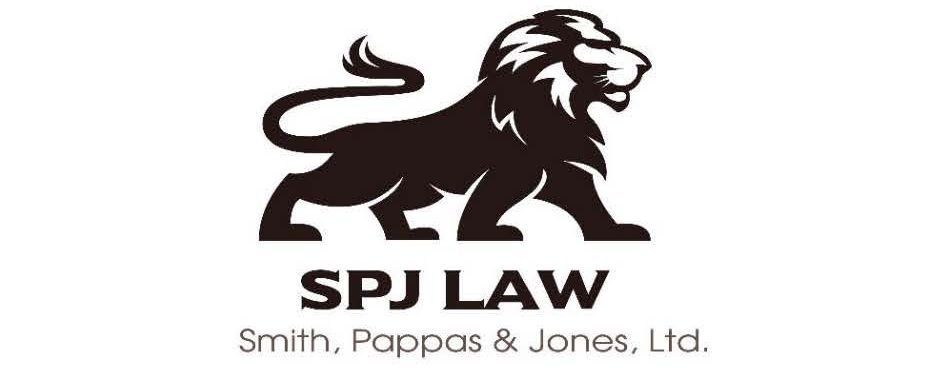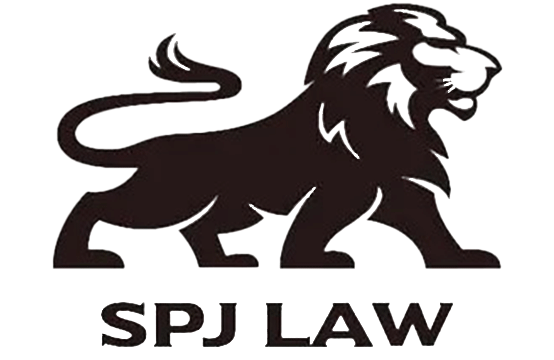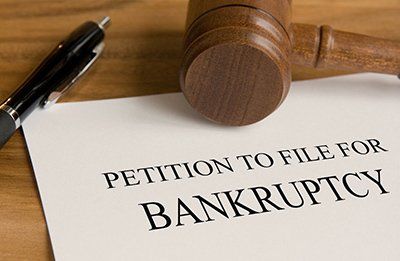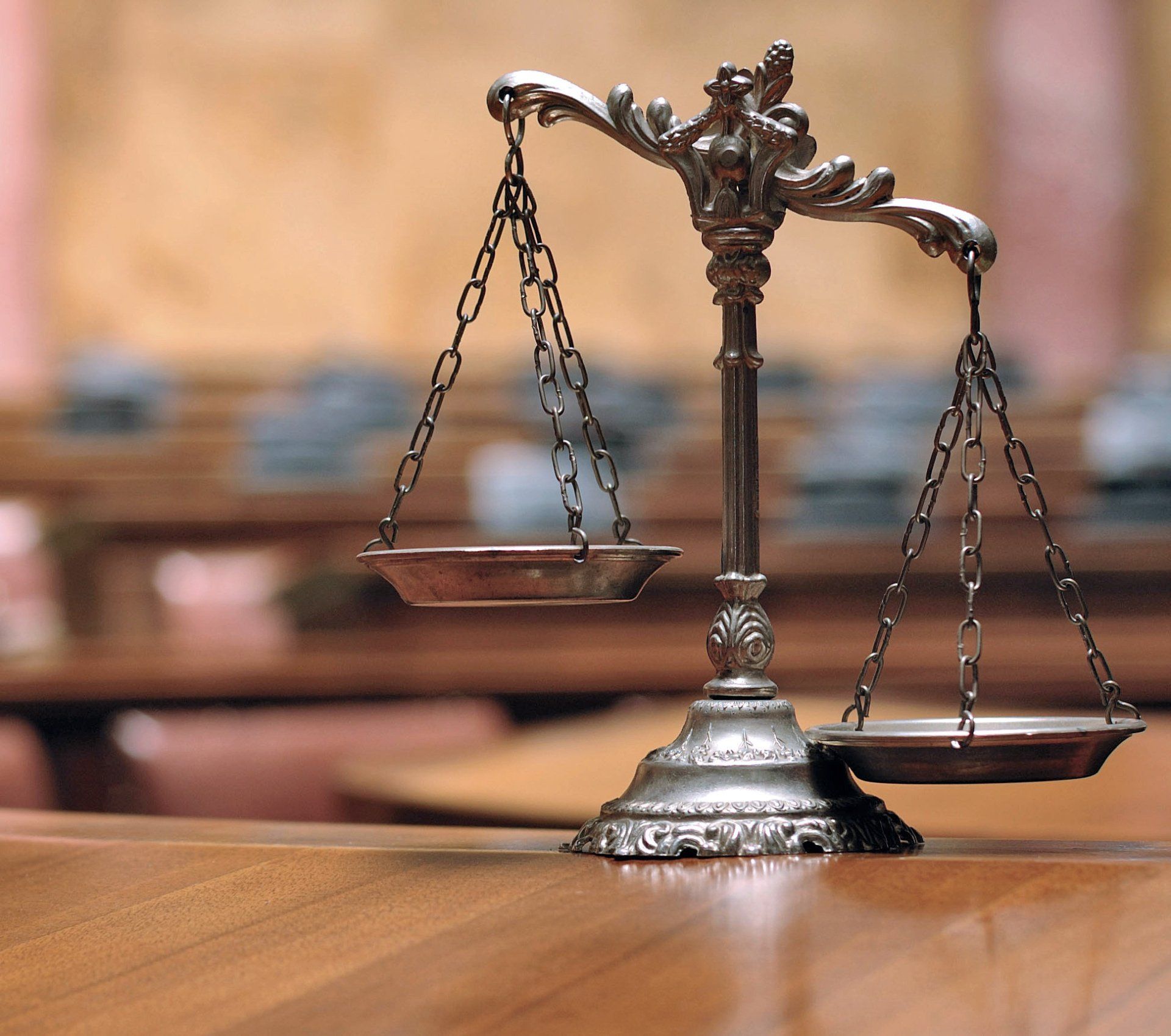Toll-Free Number: (800) 232-1325
Who are the Bankruptcy Trustees, and how is property protected from them?
In the majority of cases, people filing for Bankruptcy keep all of their property. It is important to be honest with your attorney so he or she can determine how to best protect your interests.

It is the Bankruptcy Trustee's job to pay unsecured creditors by seizing and liquidating the assets of people who file for Bankruptcy. Fortunately, the Illinois Legislature has passed laws called exemptions to protect certain amounts of certain property. Below, find a review and explanation of the most commonly used Illinois exemptions:
Homestead Exemption: Each individual is entitled to keep $15,000.00 in equity in a home that they currently live in. Married couples that are both listed on the real-estate deed may combine their individual protections for a total of $30,000.00 in equity.
Equity = (Value of the Property) - (Value of Mortgage or Lien)
Wildcard Exemption: Each individual is entitled to keep $4,000.00 in any personal property (personal property does not include real-estate). This protection is often applied to household goods, recreational equipment, and financial assets; but it can generally be applied to anything that is personal property.
Vehicle Exemption: Each individual is entitled to keep $2,400.00 of equity in a single vehicle. Unlike the Homestead Exemption, married couples CANNOT combine their individual Vehicle Exemption in order to protect more than $2,400.00 of equity in a single vehicle; however individual debtors are entitled to "stack" any unused portion of their Wildcard Exemption onto their Vehicle Exemptionin order to protect more than $2,400.00 of equity in a vehicle.
Tools of the Trade:
Each individual is entitled to $1,500.00 in tools or other professional assets used in their trade, the wildcard exemption can be used to protect value in excess of $1,500.00.
Necessary Wearing Apparel: Each individual is entitled to keep their regularly worn (non-luxurious) wearing apparel.
Public Assistance Benefit: For people that pay income tax, there is likely a pool of money with the IRS and the Illinois Department of Revenue (IDR) that will be returned to them after they file their tax returns at tax time. Even though the money is not received until tax time, the money in that pool when you file for bankruptcy is a present interest that the Trustee is entitled to claim at tax time if it is not properly protected. Example: If someone files for bankruptcy on October 31st, the trustee will be entitled to 5/6 of the return received at "tax time," unless the funds are properly protected (1/6 of that years return will be earned after the date of filing, so the trustee would not be entitled to that portion).
The Public Assistance Benefit protects the portion of your tax return that you will receive pursuant to earned income credits and child tax credits. There is a very important caveat to this protection, it can no longer be used once the tax refund is received. Bankruptcy Courts in Illinois have ruled that the protection provides that Debtors have a right to receive the Public Assistance Benefit, not a right to keep it. This is why it is important to consult with a Bankruptcy Attorney to help determine, strategically, the best time to file the petition. Portions of tax refunds not protected by the Public Assistant Benefit may be protected with the Wildcard Exemption.
Personal Bodily Injury: The trustee may take possession of a legal right against a third party, this includes claims against others for various types of bodily injury: auto accidents, slip-and-falls, dog bites, medical malpractice, products liability, or general negligence of some other sort. If you are in the midst of litigation or have a valid claim against another, it needs to be listed on the Bankruptcy Petition; both so that the trustee knows about it and your attorney can protect it.
The Personal Bodily Injury protection ensures that people who file for bankruptcy with a valid claim against another are entitled to receive up to $15,000.00 from a personal bodily injury award. If a court awards more than $15,000.00, that excess amount will be disbursed to unsecured creditors that filed a claim in the bankruptcy case. If the unsecured creditors that filed a claim are paid in full, after the trustee collects his or her fees, the remainder will be returned to the person who received the award for the injury.
Bankruptcy is a driven practice for an experienced debt relief attorney, like those at Smith Law, Ltd. Because there are so many nuances in the application of bankruptcy law, it is inadvisable that an individual not experienced or knowledgeable about Title 11 of the U.S. Code, and how the courts have interpreted those laws, to file bankruptcy without the assistance of counsel.
If you would like to speak to experienced debt relief attorneys please contact Smith Law, Ltd.
We are a debt relief agency. We help people file for bankruptcy relief.










Share On: